2013 Sukkot in Beijing
We loved having members of the community come out to the suburbs on a fine fall day to enjoy our sukkah. The bagels, courtesy of Moishe House & baked by Tavalin, were as much a draw as anything. Many of the celebrants were familiar faces but, as always when abroad, we welcomed a few who are passing through and/or are considering ways to make this home.
This is our second year to build a sukkah in Beijing. My husband likes to say that this, coupled with with 4 years of sukkah-building in Taiwan, might put him in a club of East Asia’s most seasoned sukkah-builders. Soon after arriving in Taipei in 2006, we shopped online for a kit and, sure enough, a family in North Carolina designed one and said they could ship it immediately (minus the lumber). They sent us steel brackets, an instruction booklet, and a mildew-resistant screen to use for walls. We didn’t have our household goods yet (read: complete toolbox was in transit) nor our long station wagon. We taxi’d down to B&Q (the Home-Depot-style box store, which is as enormous as Home Depot, by the way) to get some 2x4s.
Well, the standard beams there are a different length from the U.S., but we had the store cut them and deliver them. It turned out that they are also wider, and our new brackets wouldn’t grip them. We borrowed a hand planer from a neighbor and got to work manually filing the wood down in strategic spots (we also had to bend the brackets a bit, Steve, sorry). That was quite nerve-wracking because we had already invited a bunch of complete strangers for a party, time was running short, and we had zero experience building such a thing.
We made a point to have most meals in that first sukkah, which was easy since it was right outside of our door and our house was an empty shell anyway. But that sukkah looks so bare to me now when I look at pictures. I hadn’t yet acquired the plastic lychee fruit or the plastic durian. There was plenty of fresh fruit, of course (did you know that Taiwan folks consume more fruit per capita than any other people?). However, the first time that rotting produce falls on a guest, it’s clear that hollow, lightweight plastic stuff is just smarter. The screen also turned out to be a smart investment, although every year I make noises about how it’d be nice to use some local, natural material, like bamboo, for walls.
We left that sukkah (except for the screen) in Taiwan with a friend so that the community there could continue to enjoy it. We took to China a new set of brackets and, again very soon after arriving, started the hunt for lumber. We asked around about what surely must exist in China: a huge building market, or an entire street that sells nothing but building supplies. Actually, there’s a B&Q in Beijing and it is as expat-friendly & upscale as we could hope. But the wood is yet another size, and most of it is sooooo warped!! It was an exhausting and emotionally draining shopping experience involving two trips. I’ll leave it at that.
One highlight here in China has been that we’ve had a real lulav & etrog in our sukkah both years. Last year, Chabad donated one to Kehillat and our family was simply giddy about it. This year, a Kehillat member was traveling back from Israel with a set at just the right time. It’s a tough time of year to get motivated, with the rigors of the High Holidays just behind us and the academic year in full swing here, but we love this tradition. We hope that it inspires our children and others, and we like that it reminds us of our natural world sustaining life, harvest after harvest.
-Sandy Hodges
